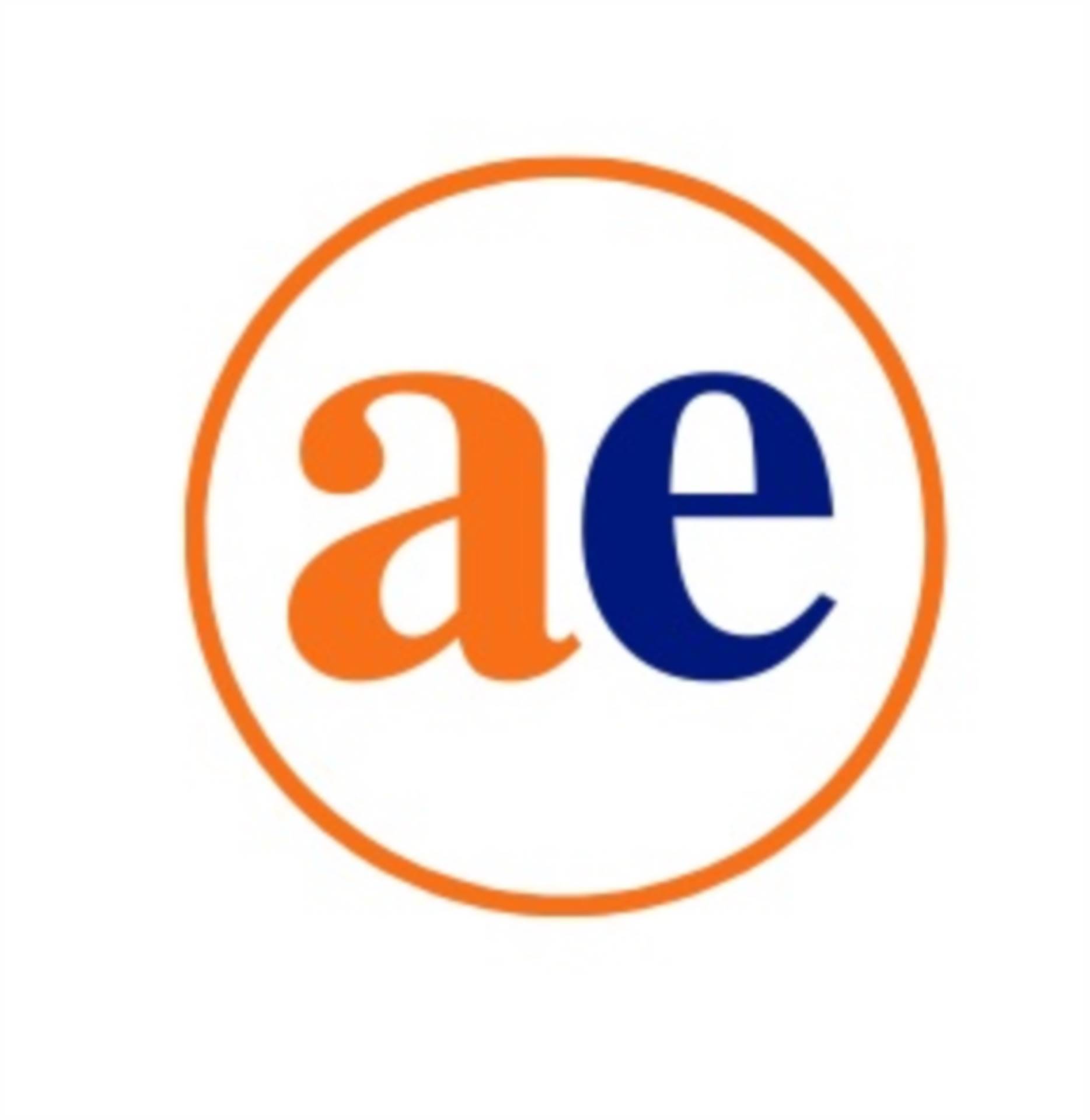
Date Published 01 August 2024
Interest rates have been cut for the first time in more than four years, but the Bank of England has warned that borrowing costs will not fall sharply in the coming months.
In a closely run decision, rates were lowered to 5% from 5.25% on Thursday, marking the first cut since the onset of the pandemic in March 2020.
Interest rates dictate the cost of borrowing set by High Street banks and money lenders for the likes of mortgages and credit cards.
Andrew Bailey, governor of the Bank of England, said while policymakers voted in favour of a cut, they needed make sure that inflation, the pace of prices rises, remained low.
The fall to 5% means that some homeowners not on fixed- rate deals will see an immediate drop in their monthly mortgage payments but savers face getting a lower rate of return.
Commenting on the decision to lower rates, Mr Bailey said: 'Inflationary pressures have eased enough that we've been able to cut interest rates today.
But he struck a note of caution against expectations there would be a rapid fall in borrowing costs.
'We need to make sure inflation stays low and be careful not to cut interest rates too quickly or by too much,' he said.
The decision by the Bank's nine-member committee was finely balanced - five, including Governor Andrew Bailey, voted for a quarter point cut.
The Bank's chief economist Huw Pill was in the minority of four who voted to hold interest rates.
The inflation rate - which measures the pace of price rises for goods and services - hit the Bank's 2% target in May and remained there in June.
However, core inflation, which strips out volatile elements such as food and fuel prices, remains comparatively high. And the Bank expects inflation to rise in the second half of this year as energy costs tick higher in the colder months.
The interest rate cut will be a boost for some homeowners. But the Bank of England signalled that a mortgage shock still lay ahead for others.
Around a third of people with a fixed - rate mortgage are still paying less than 3%, after getting a deal when interest rates were a great deal lower.
The Bank said that most of these home loans expire before the end of 2026 'meaning that effective interest rates will rise somewhat further over that period'.
The Bank noted that wage growth - which can worsen inflation - had slowed but committee members continued to monitor it.
The Bank does not, however, expect a recent public sector pay rise promised by Chancellor Rachel Reeves to have a major impact on inflation.